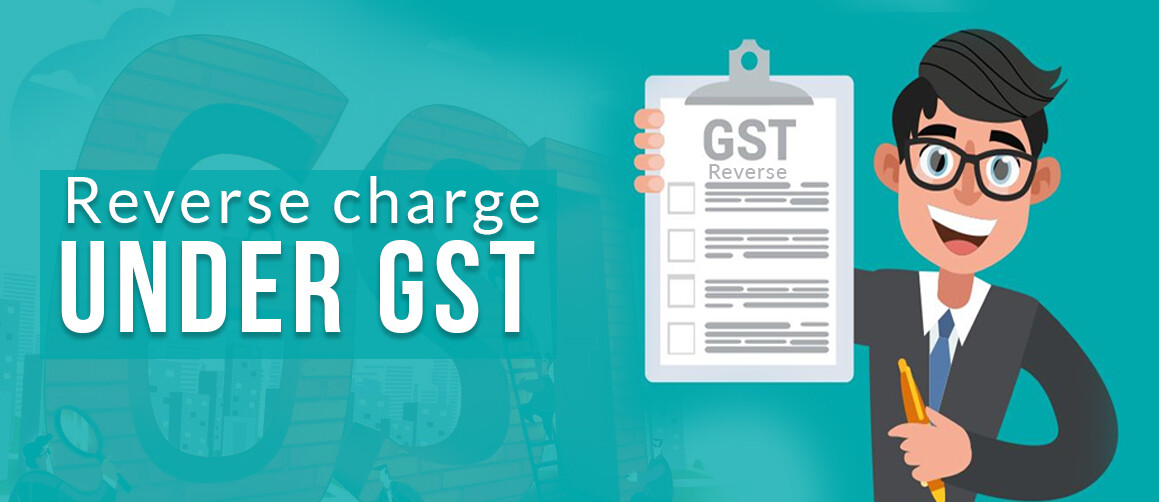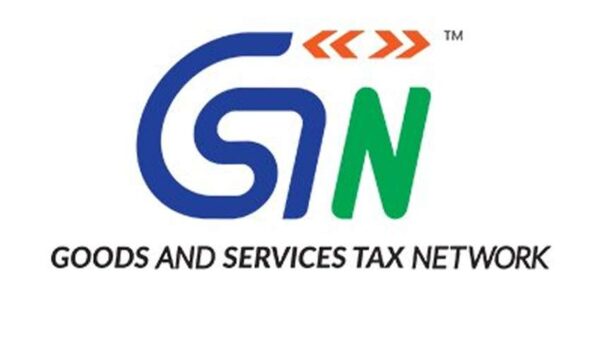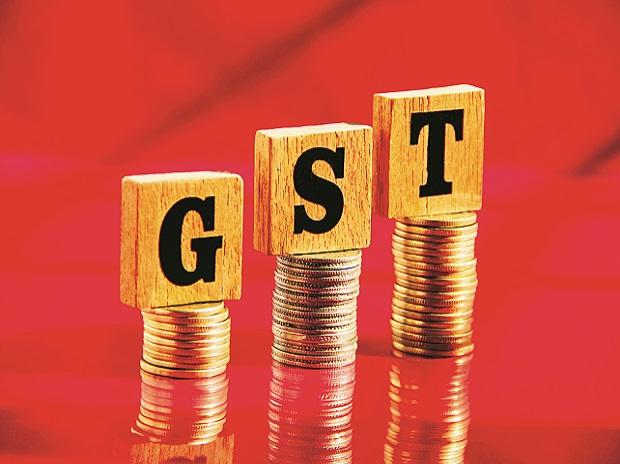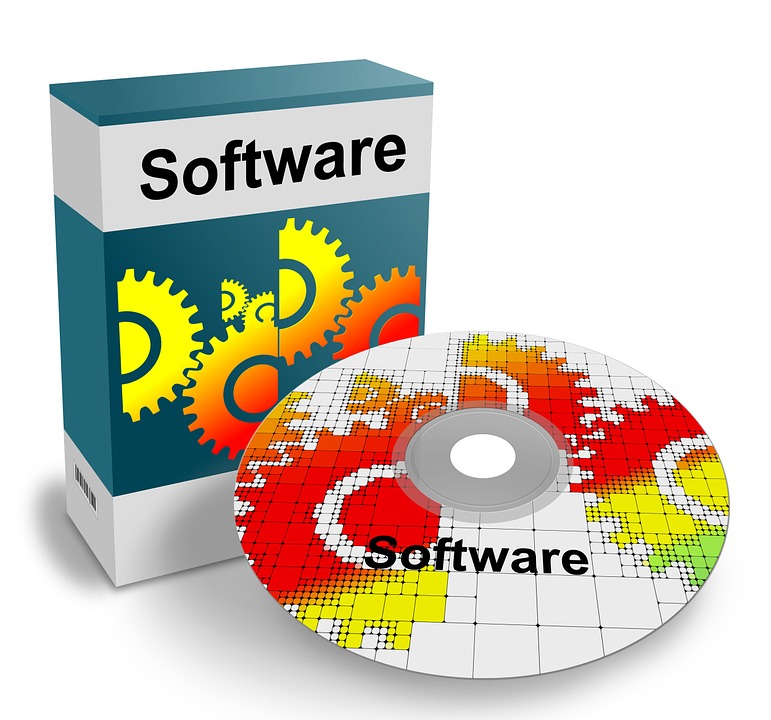The AAR Gujarat in its recent ruling in case of M/S. Enpay Transformer Components India Private Limited has held that Indian company is liable to pay GST on reverse charge basis for amount paid as interest to its holding foreign company on late payment of invoices of imported goods. Further, it has been held that reverse charge will be applicable on amount paid for reimbursement of stamp tax paid by the holding Company on behalf of the Applicant.
Facts of the Case:
The applicant M/S. Enpay Transformer Components India Private Limited is importing goods from the Holding company located at Turkey namely M/s.Enpay Endstriyel Pzarlama ve Yatirim A.S. (Enpay, Turkey) for which the payment terms is 120 days from the date of invoice for import of goods and if the company M/s.Enpay Transformer located at India does not pay to M/s. Enpay, Turkey on due date, M/s.Enpay, Turkey is charging interest on late payment.
The applicant has obtained bank credit facility from CITI Bank based on the Corporate Guarantee issued by M/s. Enpay Endustriyel Pazarlama ve Yatirim A.S. (Enpay, Turkey)and they have paid Stamp tax in Turkey as per their land rules and they have raised reimbursement invoice of said payment to M/s. Enpay India. They have submitted a copy of the said Corporate Guarantee.
Issues on which Ruling was sought:
- Whether liability to pay GST on reverse charge basis arises if amount is paid as interest on late payment of invoices of imported goods?
- Whether liability to pay GST on reverse charge basis arises if amount is paid for reimbursement of stamp tax paid as a pure agent by holding Company on behalf of the Applicant?
Order of AAR: Deliberation and Ruling
- We, find that the act of charging of interest on delay in payment will be covered under the Supply of Services under Entry No.5(e) of the aforementioned Schedule-II which reads as “(e) agreeing to the obligation to refrain from an act, or to tolerate an act or a situation, or to do an act”.
- We find that Sub-section (2) of Section 15 pertains to all the things that shall be included in the value of supply. On going through the said sub-section, we find that as per Section-15(2)(d), value of supply also includes “interest or late fee or penalty for delayed payment of any consideration for any supply.” We, therefore, conclude that the payment of interest by the applicant will be covered under the supply of services under Entry No.5(2)(e) of Schedule-II of the CGST Act, 2017 and is liable to GST in view of the provisions of Section-15(2)(d) of the said Act.
- We conclude that the rate of GST payable on the aforementioned interest will be the same as that of the IGST applicable on the aforementioned goods.
- The expenditure or costs incurred by the supplier i.e., holding Company as a pure agent of the recipient of supply shall be excluded from the value of supply, if , the supplier satisfies all the conditions envisaged in Rule 33 of the CGST Rules,2017.
- We would also like to emphasize here than a mere letter issued by the supplier stating that no mark up(profit) was charged for the stamp tax paid by them or a receipt from the Stamp Tax Office, Turkey regarding Stamp Tax paid will not suffice to prove that no mark up was charged for the said reimbursement amount, but has to be backed up by proper documentary evidence such as financial records etc. of the supplier. Since no such documents have been produced by the applicant, we conclude that this condition is also not satisfied.
- Observed that, the holding Company does not fulfil/satisfy all the conditions required for being a ‘Pure agent’ in terms of the Rule 33 of the CGST Rules as under:
Condition 1: The supplier acts as a pure agent of the recipient of the supply, when he makes the payment to the third party on authorisation by such recipient;
In view of absence/non-submission of any such documents in this regard, we conclude that this condition is not satisfied.
Condition 2: The payment made by the pure agent on behalf of the recipient of supply has been separately indicated in the invoice issued by the pure agent to the recipient of service;
The applicant has not submitted any evidence to prove that the aforementioned amount paid as
stamp tax by the supplier on behalf of the applicant has been indicated separately in the invoice related to the supply of goods made to them. Hence this condition is not satisfied.
Condition 3: The supplies procured by the pure agent from the third party as a pure agent of the recipient of supply are in addition to the services he supplies on his own account:
In the instant case, the Bank Guarantee entered into by the supplier with the CITI Bank (the third party) on behalf of the applicant is in direct relation to the business connection/link that they are having with the applicant by way of supply of goods to them and are not in addition to the supply of services/goods that they provide to the applicant on their own account. Hence, this condition is also not satisfied.
Condition 4: Enters into a contractual agreement with the recipient of supply to act as his
pure agent to incur expenditure or costs in the course of supply of goods or services or both;
In view of absence/non submission of any such documents in this regard, we conclude that this
condition is not satisfied.
Condition 5: Neither intends to hold nor holds any title to the goods or services or both so procured or supplied as pure agent of the recipient of supply;
The Applicant has not provided any documentary evidence to prove that the supplier i.e., holding Company neither intends to hold nor holds any title to the services so procured as pure agent of the recipient of supply. Hence this condition is also not satisfied.
Condition 6 : Does not use for his own interest such goods or services so procured;
The services procured by the supplier i.e., holding Company are used for his own interest only as the bank guarantee entered into by them with the CITI Bank on behalf of the Applicant is in direct relation to the business connection/link that they are having with the Applicant by way of supply of goods to the Applicant. Hence, we conclude that this condition is not satisfied.
Condition 7 : Receives only the actual amount incurred to procure such goods or services in addition to the amount received for supply, he provides on his own account.:
We would also like to emphasize here than a mere letter issued by the supplier stating that no mark up(profit) was charged for the stamp tax paid by them or a receipt from the Stamp Tax Office, Turkey regarding Stamp Tax paid will not suffice to prove that no mark up was charged for the said reimbursement amount, but has to be backed up by proper documentary evidence such as financial records etc. of the supplier. Since no such documents have been produced by the applicant, we conclude that this condition is also not satisfied.
In view of above deliberations the AAR Gujarat in held as under:
- Held that, the payment of interest by the Applicant and is liable to GST under the provisions of Section 15(2)(d) of the CGST Act and the rate of GST is liable to be paid on the interest, would be the same rate as that of the IGST applicable on the goods supplied.
- Further held that, the Applicant is liable to pay GST on reverse charge basis on amount paid for reimbursement of stamp tax paid by the holding Company on behalf of the Applicant since the supplier of the applicant does not fulfil/satisfy all the conditions required for being a ‘Pure agent’ in terms of the provisions of Rule 33 of the CGST Rules, 2017
Relevant Statutory Provisions:
Section 7(1) and Section 7(1A) of the CGST Act:
“Scope of supply-
(1) For the purposes of this Act, the expression “supply” includes––
a. all forms of supply of goods or services or both such as sale, transfer, barter, exchange, licence, rental, lease or disposal made or agreed to be made for a consideration by a person in the course or furtherance of business;
b. import of services for a consideration whether or not in the course or furtherance of business and;
c. the activities specified in Schedule I, made or agreed to be made without a consideration;
(1A) where certain activities or transactions constitute a supply in accordance with the provisions of sub-section (1), they shall be treated either as supply of goods or supply of services as referred to in Schedule II.”
Entry 5(e) of the Schedule II of the CGST Act:
“5. Supply of services
The following shall be treated as supply of services, namely:-
(e) agreeing to the obligation to refrain from an act, or to tolerate an act or a situation, or to do an act; and”
Section 15(2)(d) of the CGST Act:
“Value of taxable supply-
(2) The value of supply shall include–––
(d) interest or late fee or penalty for delayed payment of any consideration for any supply; and”
Rule 33 of the CGST Rules:
“33. Value of supply of services in case of pure agent.-
Notwithstanding anything contained in the provisions of this Chapter, the expenditure or costs incurred by a supplier as a pure agent of the recipient of supply shall be excluded from the value of supply, if all the following conditions are satisfied, namely,-
i. the supplier acts as a pure agent of the recipient of the supply, when he makes the payment to the third party on authorisation by such recipient;
ii. the payment made by the pure agent on behalf of the recipient of supply has been separately indicated in the invoice issued by the pure agent to the recipient of service; and
iii. the supplies procured by the pure agent from the third party as a pure agent of the recipient of supply are in addition to the services he supplies on his own account.
Explanation.- For the purposes of this rule, the expression “pure agent” means a person who-
a. enters into a contractual agreement with the recipient of supply to act as his pure agent to incur expenditure or costs in the course of supply of goods or services or both;
b. neither intends to hold nor holds any title to the goods or services or both so procured or supplied as pure agent of the recipient of supply;
c. does not use for his own interest such goods or services so procured; and
d. receives only the actual amount incurred to procure such goods or services in addition to the amount received for supply he provides on his own account.”
READ / DOWNLOAD ORDER:
Follow us for free tax updates : facebook Twitter
Subscribe our portal and get FREE Tax e-books , quality articles and updates on your e-mail.
Resolve your GST queries from national level experts on GST free of cost.
Frah Saeed is a law graduate specializing in the core field of indirect taxes and is the Co-founder of taxwallah.com. She has authored many publications on GST and is into full-time consultancy on GST to big corporates. She as a part of taxwallah.com heads a team comprising of Chartered Accountants and Advocates and plays a key role in our mission to disseminate GST knowledge to all.




